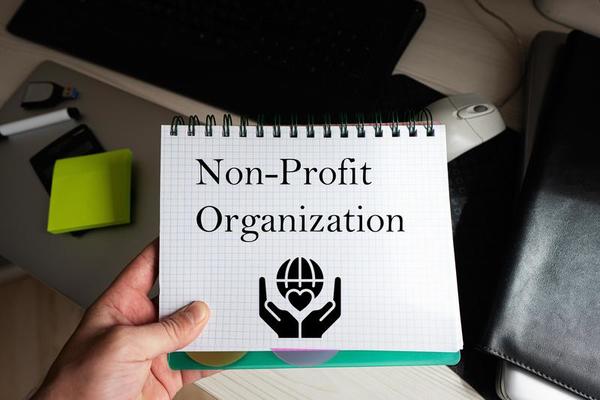Have you ever wondered how non-profit organizations in Houston support individuals with vision loss in achieving greater independence? These organizations play a crucial role in helping people overcome challenges and lead fulfilling lives. Let’s explore how they are making a difference in the lives of those with vision impairment.
Access to Specialized Services and Resources
Non-profit organizations provide essential services that are designed to help people with vision loss navigate the challenges they face. These services range from providing specialized training to offering access to tools and resources that improve daily living. For example, The Lighthouse of Houston is one such organization that offers programs tailored to help individuals with visual impairments live independently. Through vision rehabilitation, technology training, and mobility assistance, people with vision loss are empowered to live their lives to the fullest.
They also offer valuable resources that provide guidance on how to adapt to new ways of performing daily tasks. This includes adaptive technologies, such as screen readers and magnification devices, which enable individuals to access information independently. With these tools, those with vision loss can continue to engage in activities they enjoy, such as reading, shopping, or working.
Life Skills and Employment Training
A key aspect of helping people with vision loss is offering training in life skills and employment. These programs in Houston help participants gain confidence and learn strategies to manage day-to-day tasks with minimal assistance. In addition, many non-profits focus on providing job training and career support.
Life Skills Programs:
- Cooking and meal preparation
- Home management and organization
- Personal finance management
- Mobility and travel training
These programs can make a huge difference in promoting self-sufficiency, which in turn fosters a greater sense of empowerment.
Peer Support and Community Building
Another significant benefit is the sense of community they provide. Many organizations offer peer support programs where people with vision loss can connect with others who share similar experiences. These programs often focus on emotional support, offering participants the opportunity to share their challenges, advice, and success stories.
By fostering a supportive community, non-profits create an environment where individuals can feel understood and encouraged. Peer groups often offer practical tips and advice for overcoming daily obstacles, such as using public transportation or shopping independently.

Advocating for Accessibility and Rights
Non-profit organizations also play a pivotal role in advocating for the rights and accessibility needs. They work to raise awareness and push for policy changes that ensure people with visual impairments have equal opportunities in all aspects of life. This includes advocating for accessible public spaces, transportation systems, and technology.
By engaging in advocacy, these organizations help bring about changes that promote greater accessibility and inclusion. For example, many non-profits lobby for legislation requiring businesses and public services to provide accommodations for people with vision loss. This ensures that individuals can fully participate in society, whether through accessible employment opportunities or equal access to public facilities.
Technology and Innovation
One of the most powerful tools in promoting independence for people with vision loss is technology. Non-profit organizations are at the forefront of providing access to the latest assistive technologies. Many organizations in Houston provide such individuals with access to devices that enable them to stay connected with family, friends, and the outside world.
By offering services, resources, and community support, they help individuals lead fulfilling and self-sufficient lives. The Lighthouse of Houston is an excellent example of an organization dedicated to providing the resources necessary for vision-impaired individuals to live independently. With continued support and innovative solutions, people with vision loss can thrive in every aspect of their lives.











